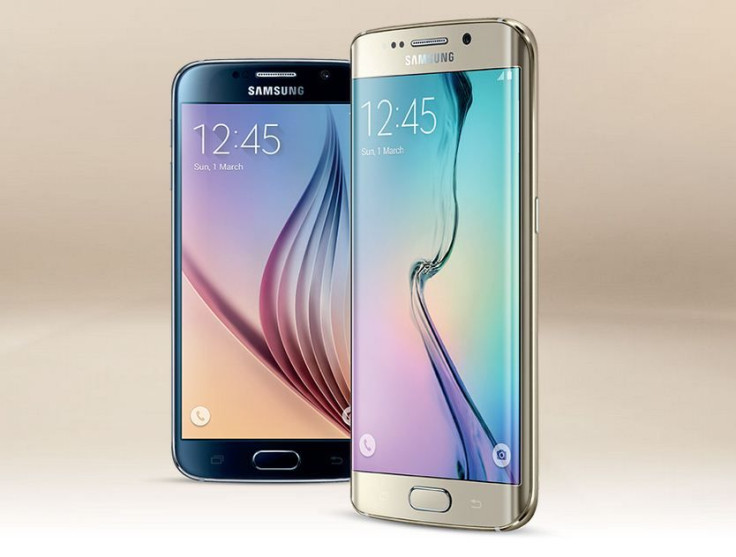Samsung Galaxy S7 Rumors: Powerful Exynos 8890 Chip Mass Production Begins

Earlier rumors suggested that the flagship Samsung Galaxy S7 will be powered by two different processors. One of them will use Qualcomm’s Snapdragon S820 SoC, while the other set will settle for Samsung’s own Exynos 8890 chipset. To be specific, Asian countries are believed to get the Exynos version, while the U.S. variant will rely on the Snapdragon chip. Now, a new rumor from Korea said that the mass production of Exynos chip has already begun.
The power-packed Exynos 8890 will replace the current-generation Exynos 7420, which can be seen in many Samsung Galaxy S6 lineup of devices released this year. The new chipset was earlier believed to go into production in December, however, Samsung has apparently started the manufacturing process earlier than expected.
According to reports, the Galaxy S7 release date has been set for February 2016. Samsung was able to move away from the usual release cycle because of the economical “Agile methodology.” Earlier, the company was using the conventional “Waterfall methodology.” Agile apparently reduces the development cycle, which ultimately leads to quicker release of products.
Speaking of Exynos 8890, the chipset will work in tandem with an octa-core, 64-bit processor, running at 2.4 GHz. Phone Arena, meanwhile, said that it will be powered by ARM v8 cores. Samsung will be manufacturing the chipset with the efficient 14 nm FinFET process and it will be capable of supporting Cat.12 network connectivity, G For Games reported.
Not to forget, the promising Geekbench benchmark score of the new Exynos 8890 chipset. This chip reportedly amassed a whopping 2,304 points in the single-thread test and scored 8,038 points in the multi-thread test.
According to Phone Arena, Samsung’s Galaxy S7 bound Exynos 8890 chipset is “1.75 times better than Apple A9 chipset’s multi-thread score.” However, the same chip was “1.1 times inferior to the A9” chipset in the single-thread test.
As always, readers are advised to take the reported chipset-related information and release date with the proverbial pinch of salt as the South Korean tech giant has not confirmed anything yet.
© Copyright IBTimes 2024. All rights reserved.





















